Nueva edición de TEDxValladolid Un año más hay un profesor de la UVa entre los ponentes El sábado 24 de septiembre volverá al LAVA uno de los eventos más inspiradores del año: TEDxValladolid. Charlas en directo, encuentros y talleres que no dejan indiferente a nadie. TED significa “Teconología, Entretenimiento, Diseño”. La “X” significa evento TED …
Get Started for FREE
Sign up with Facebook Sign up with X
I don't have a Facebook or a X account
 Your new post is loading... Your new post is loading...
 Your new post is loading... Your new post is loading...

Julie Price's curator insight,
February 20, 2015 10:41 PM
What a great quote. Pass it on to your kids when they set off to school!

Ness Crouch's curator insight,
April 28, 2015 9:53 PM
There are huge shifts in the role of the teacher these days! A very worthwhile read and great graphic

António Leça Domingues's curator insight,
June 24, 2016 2:54 AM
Kit de desenvolvimento pessoal para professores.

Munira Mansoor's curator insight,
March 20, 2018 3:51 AM
This topic shows how to put professionalism in our Routine and get it accommodate in our work.

María Dolores Díaz Noguera's curator insight,
July 28, 2014 8:05 AM
Propuestas de lecturas sobre TIC y la educación del futuro |

Willem Kuypers's curator insight,
December 16, 2014 10:44 AM
Commentaire intéresssant à propos de la curation. 
Ivo Nový's curator insight,
December 19, 2014 9:46 AM
Guillaume Decugis's insight: When we started working on Scoop.it, we had a lot of questions on why we even needed tools for content curation. Some were questioning the purpose or the effectiveness of curation, others were convinced it was a valuable practice but challenged the need for a tool. "I don't need a tool to tweet links, right?" or what Julia McCoy refers to as Myth #10 in that great post. She does a great job debunking 12 misconceptions which are still quite common about content curation but which luckily are starting to die as content curation delivers more and more results and thanks to educational content like hers. 
donhornsby's curator insight,
December 20, 2014 7:55 AM
(From the article): Myth #7: You Aren’t a Thought Leader If You Use Third Party Content. Truthfully, I can see why digital marketers would initially think this. When I first heard of curating content, I thought the same thing. However, I quickly learned that this could not be further from the truth. Curating third party content actually does make you a thought leader for several reasons: You show honesty: you show your audience that sometimes your influencers can write something or present something better than you. You can’t always be the best at everything, and that is OK.You can actually connect with said influencer by mentioning them on Twitter when you link to their article or content piece and get them to potentially follow you, thus building a very valuable connection.You build credibility with that third party source, and possibly attract more third parties that want to share the content that you create.Curating influencer content helps build your brand, which can lead to gaining a new audience that respects your thoughts. As you can see, curating content does not make you take a backseat. It is an opportunity to build credibility with both your audience and your influencers.

Begoña Iturgaitz's curator insight,
September 30, 2014 3:30 AM
Nuevas, nuevas no es que sean........y que todas dsarrollen todo su potencial en un futuro cercano, tampoco.... pero, desde luego sin perspectiva a medio plazo no vamos a ninguna parte. |




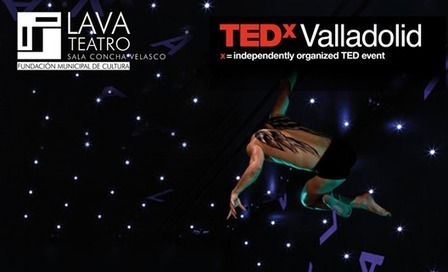




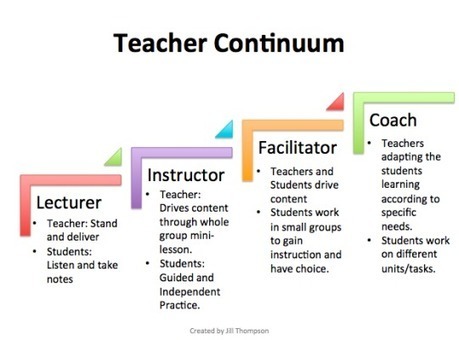


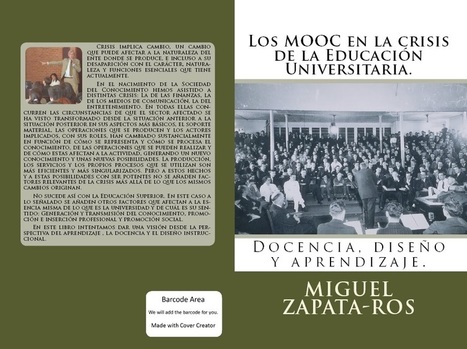

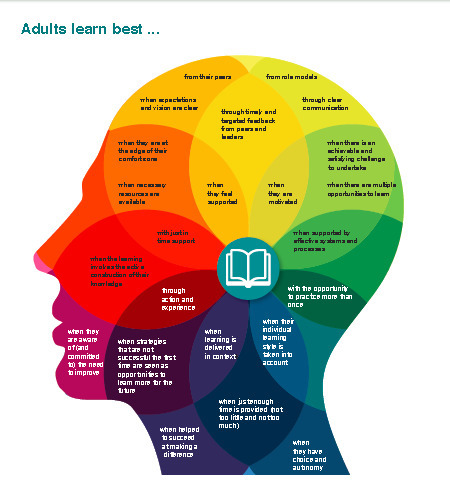


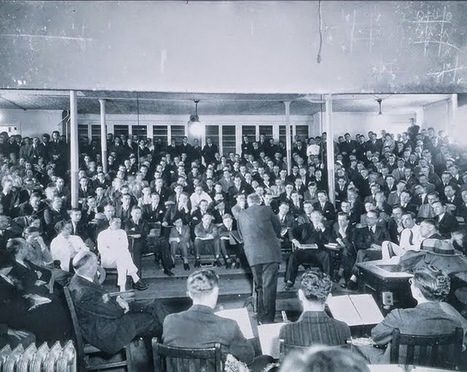
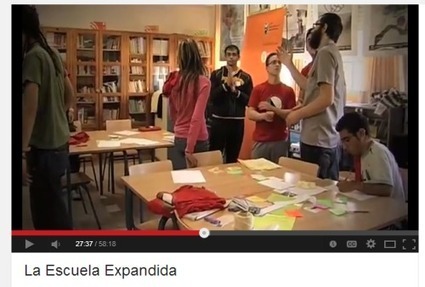
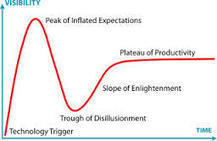





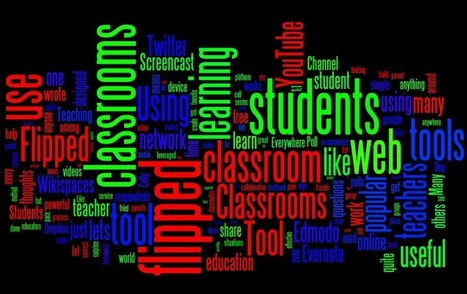
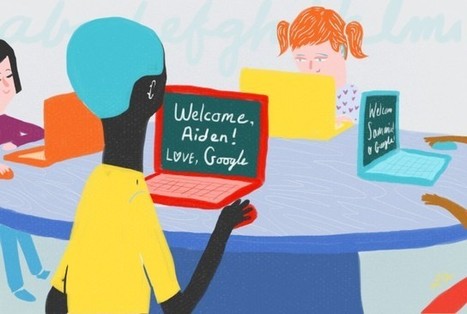
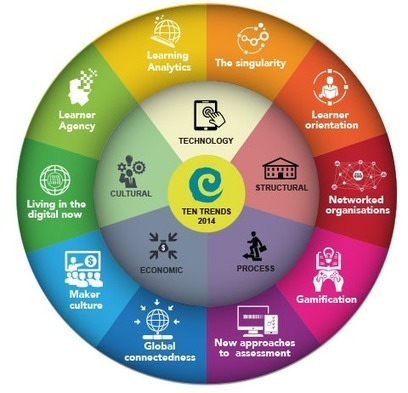


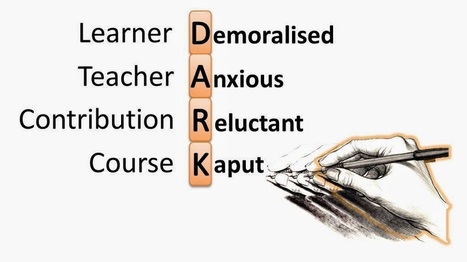
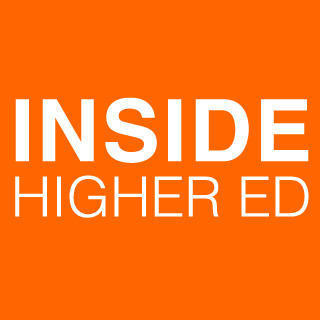
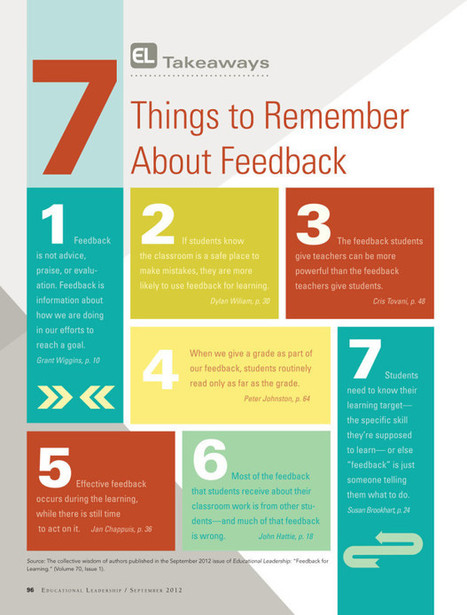





TEDx... llega el laboratorio de IDEAS a Valladolid el próximo 24 de Septiembre. Entradas agotándose.
Este año, bajo el título de WONDER, 12 IDEAS en el punto rojo. Tengo el honor y la responsabilidad de presentar la mía. Desde Valladolid para el Mundo.